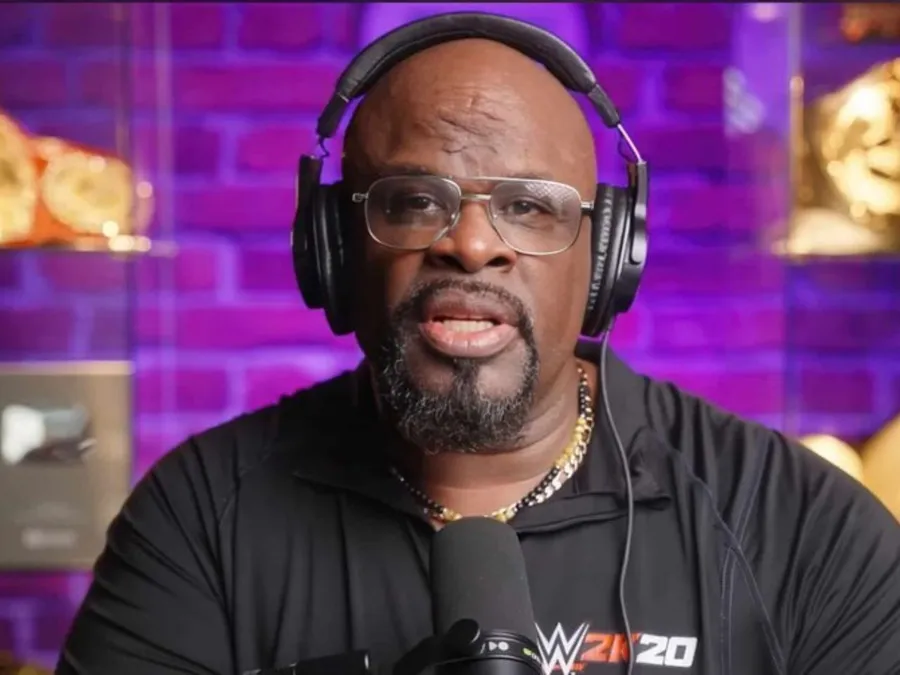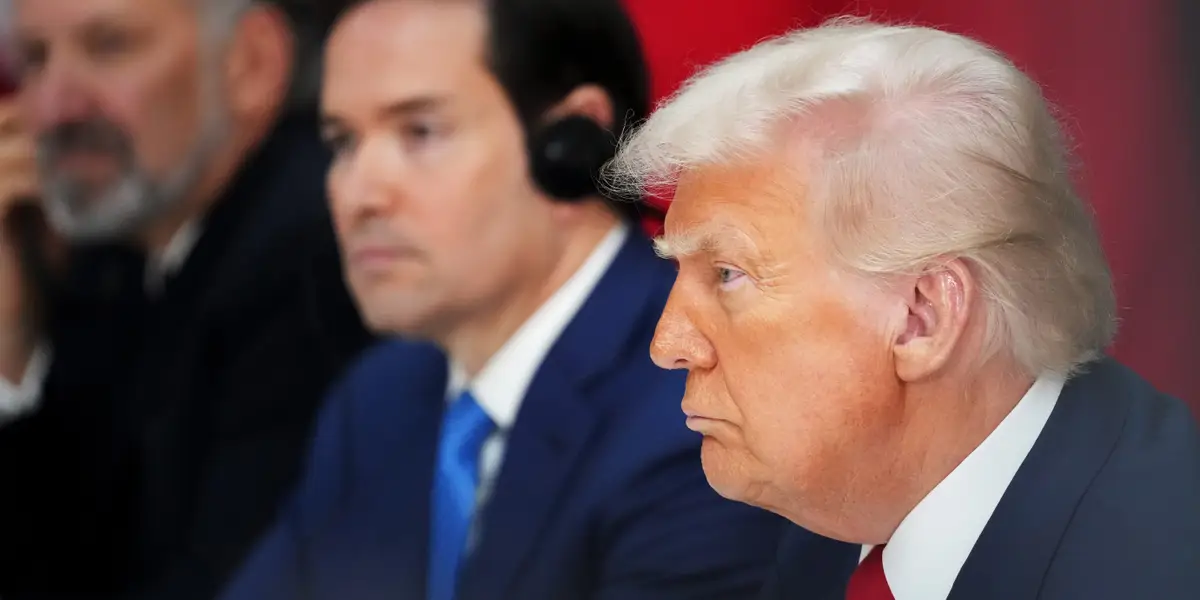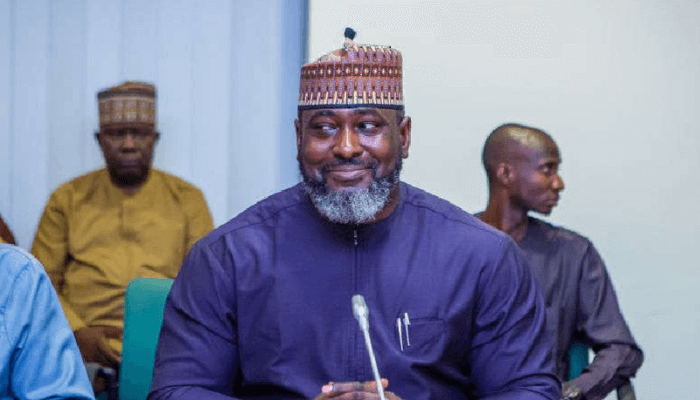Copyright Chicago Tribune

Chicago is a city of resilience, of dreams realized and obstacles overcome. We tell ourselves we love this place because we believe in its promise — the promise of bold innovation, of families rising, of communities flourishing. But love, real love of our city and state, is more than a tagline. It’s not simply wrapping ourselves in “Chicago pride” while silently allowing policies that undermine job growth, scare away investment and sap the future of our children. If we truly love Chicago and Illinois, we must ask: Are our leaders and our policies aligned with building a future of opportunity — or are they writing checks to decline? Recently, the mayor’s budget proposal for 2026 and beyond signals a troubling turn. The plan pushes forward nearly half a billion dollars in new or increased taxes, including head taxes on employers and levies on tech and cloud services, at the very moment companies are asking “Why stay?” or “Why move in?” to our city. Meanwhile, over and over, we hear that “we support business” and “we love Chicago.” But the policies tell a different story: a city that taxes its growth engines instead of fueling them. Let’s be clear: Love isn’t asking job creators to pay for mistakes that compound over decades. Love isn’t penalizing firms for hiring people or staying in Chicago. Love isn’t telling the talents of tomorrow “You’re welcome here,” while the tax code and regulatory posture whisper “You might be better off somewhere else.” When we ask our elected leaders to raise costs on hiring, on capital, on digital innovation, we don’t strengthen our city; we hollow out its future. The Illinois Chamber of Commerce consistently hears from employers, investors and workforce leaders that Chicago and Illinois must compete globally for jobs, talent and capital. If instead we act like a high-cost environment that rewards wait-and-see and punishes growth, we lose. The question isn’t whether the city is “lovable” — it is whether we are making it lovable for enterprise, innovation and upward mobility. Consider this: When a major corporation evaluates locating or expanding in our region, the calculus includes taxes, regulations, workforce readiness and perceptions of momentum. If the signal we send is “more burden, less reward,” then the map in the boardroom will often point somewhere else. That’s not theoretical; the record of companies leaving or locating elsewhere shows exactly that. Loving Chicago means embracing a growth-first mindset: Make policy decisions that reward hiring and investing here — not penalize it. Reform tax burdens that uniquely fall on job creators, particularly when other regions act to reduce them. Set a clear, consistent economic development strategy that says: “We want you, we’ll welcome you, we’ll grow with you.” Focus on training, education and workforce pathways so our next generation can step into jobs created here, instead of being forced out or shut out. Create an education system that is held accountable for outcomes. Recognize that stability, fairness and predictability in public finances matter just as much as the numbers themselves. Now is the time to act. If we mean every word when we say we love our city and state, then we must demand from our elected leaders the courage to align that love with policy. We must insist that budgets, taxes and regulations don’t reflect short-term political optics but long-term competitive advantage. Our neighbors in other states are not standing still. They are reducing burdens, enhancing incentives, modernizing workforce systems and, yes, professing love for their regions by putting it into action. If Illinois and Chicago don’t respond, we risk being left behind. This is not a partisan issue; this is a civic issue. It’s about whether we believe in the possibility of upward mobility in this place, as was afforded to my immigrant parents; whether we will fight for jobs for our young people; and whether we will ensure our neighborhoods thrive. Our state remains a magnet for investment, not exodus. Let’s show our love by backing it with action. Let’s build a policy environment worthy of this city’s promise. So that when we tell our story, we mean it, and the rest of the nation hears it. Lou Sandoval is the president and CEO of the Illinois Chamber of Commerce.



